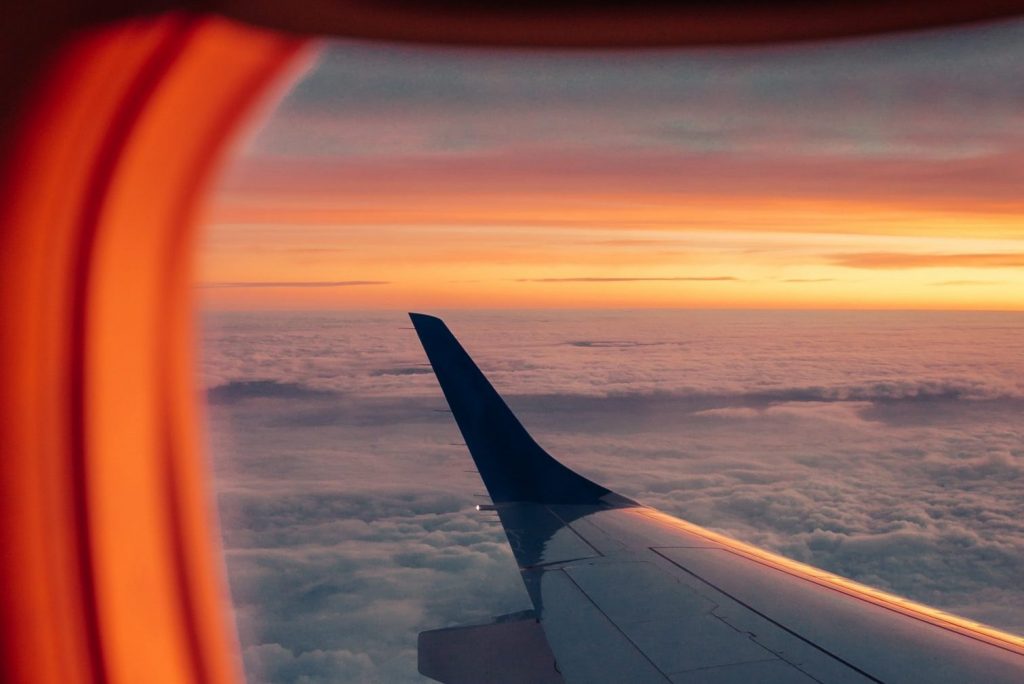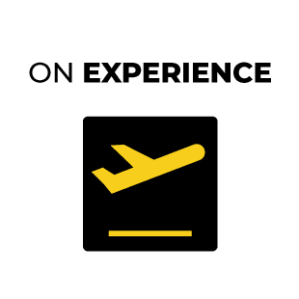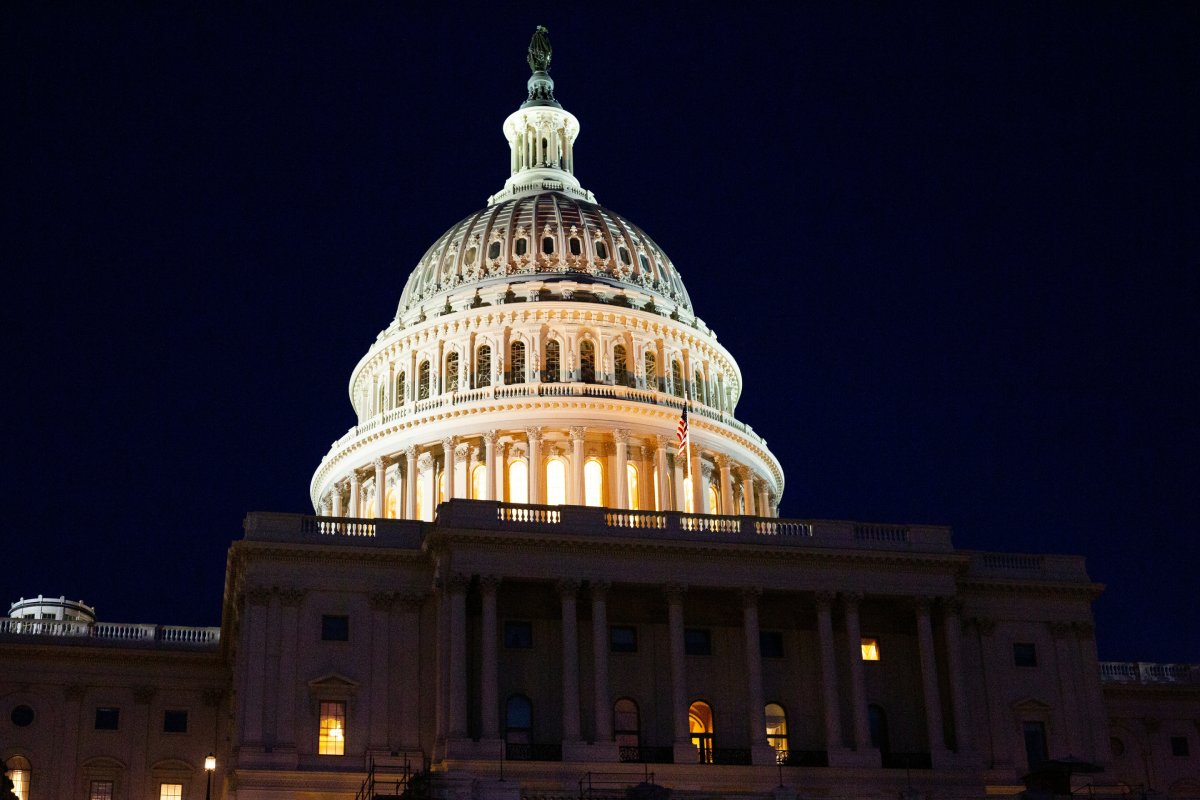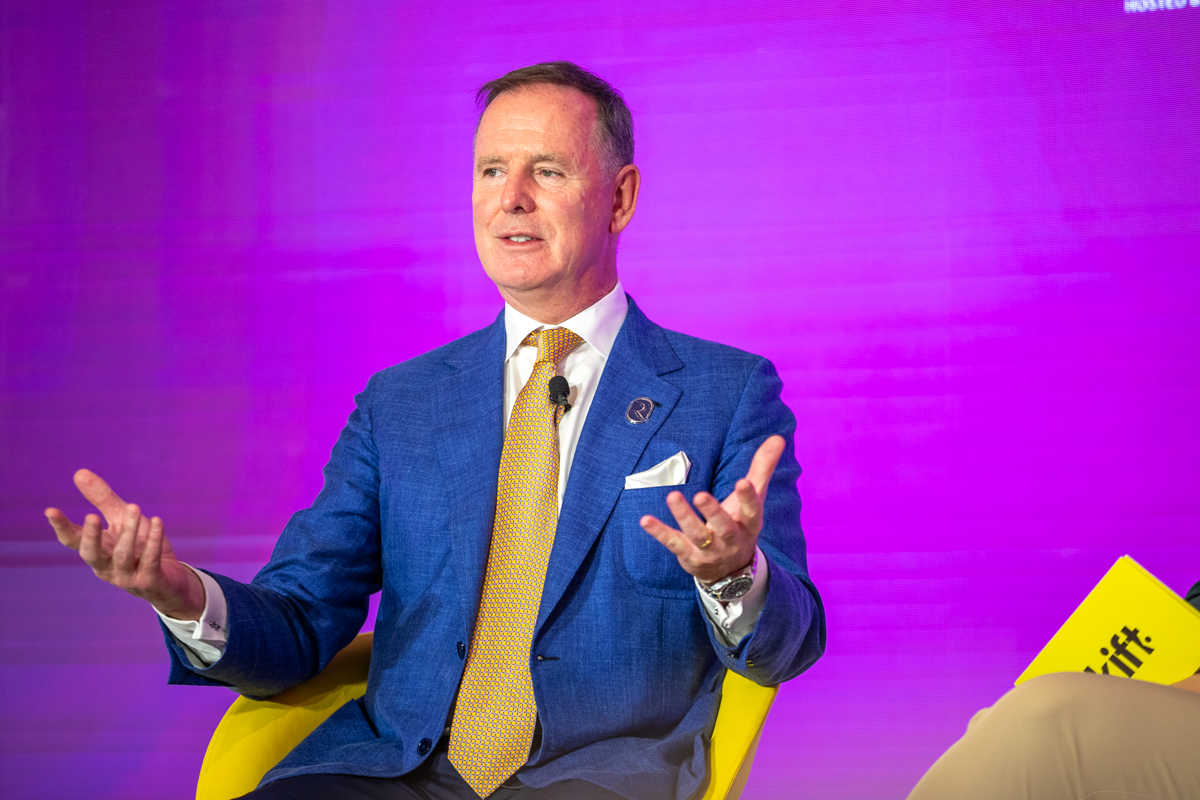The New Wellness Imperative for Long-Haul Travel

Skift Take

On Experience
Colin Nagy is a marketing strategist and writes on customer-centric experiences and innovation across the luxury sector, hotels, aviation, and beyond. You can read all of his writing here.Long-haul travel is waking up after long being dormant. In the past week, the Lufthansa first class terminal in Frankfurt reopened, and British Airways reopened the Concorde lounges with some new polish. Both are hyper-premium offerings catering to the brand’s highest-spending passengers. But, in the span of them being closed, I’d venture to say that the long-haul business has changed immensely, and some new imperatives need to come front and center for consumers.
To give a bit of context: long-haul business and first class travel and the corresponding lounges were all about catering to travelers' egos. They were lavish places, with brand name champagne, heavy food, and names like American's “Admirals Club” or Lufthansa's “Senator Lounge” making the male business traveler feel important. Today, it feels dated and out of touch with the times.
Join Us at Skift Global Forum in NYC September 21-23
I'll predict there’s going to be a sea change in long-haul travel on a few different levels. First, with the rise of video conferencing and CFOs riding a few years of heavily reduced travel and expense budgets, those freewheeling $6,000 tickets from New York to London on BA won’t flow forth quite as easily. To be clear, I don’t think business travel is doomed forever, there’s a huge amount of value in in-person meetings, off-sites, and closing dinners, but I don’t think the drop-of-a-hat travel for something that could have been a zoom will be as forthcoming.
Second, and perhaps most importantly, I think that we’re going to start seeing long-haul travel for what it is: an endurance event that messes with your sleep, dehydrates you, and takes a lot out of the system. I’ve been doing 250,000 miles a year for the past 15 years. This year, I started using an Oura ring which measures sleep cycles. It was ghastly to witness what one Emirates long-haul flight from LAX to DXB in Dubai did to my sleep, recovery, and overall wellness. Formerly globe-trotting executives were slowly burning candles at both ends, while also availing themselves of the luxuries afforded by premium products: decadent food, lots of booze, etc. It is a combination that is unsustainable.
My core argument here is that we will see the premium end of the travel industry understand that the people doing long-haul travel are endurance athletes and pivot their services and offerings to focus on sleep, recovery, wellness, and restoration. As people have prioritized these things on the ground during the pandemic, it will carry over to premium offerings in aviation. I’m sure there will be always trappings of luxury when it comes to food and beverage, but I’d venture to say the high-end programs of top airlines will look much different in the next five years: they will cater more towards the rise of health-conscious female business travelers, they will cater towards new ways of eating, as well as the latest science on light therapy, hydration, and more.
One example I wrote about pre-pandemic was setting the standard for the industry: the Qantas lounge in Perth. The lounge features spaces to stretch out with some yoga or sit quietly for a few minutes of meditation. Light is deeply considered as it relates to circadian rhythm. Onboard, the brand even gave thought to digestion and menu design, going as far as studying how protein-rich ingredients in evening meals can have higher levels of tryptophan, an amino acid that promotes sleep hormones.
More recently, a brand that is no stranger to surfing the zeitgeist, Virgin Atlantic recently announced a Peloton partnership in their upper class lounges, combined with relaxation and mediation spaces. As my colleague, Corporate Travel Editor Matt Parsons, recently reported, the brand has also prioritized more non-alcoholic options, as well as vegetarian and vegan food, a far cry from the sirloin steak.
The over the top-glory days of decadent, long-haul travel may be going the ways of the Condé Nast expense account. But the future looks optimistic: more mindful, health-focused, and recognizing flying 15 hours for what it is: highly draining, stressful on the body, and in need of thoughtful counterbalancing to keep the mind able to sit through that meeting a few hours after landing in Hong Kong from New York.




